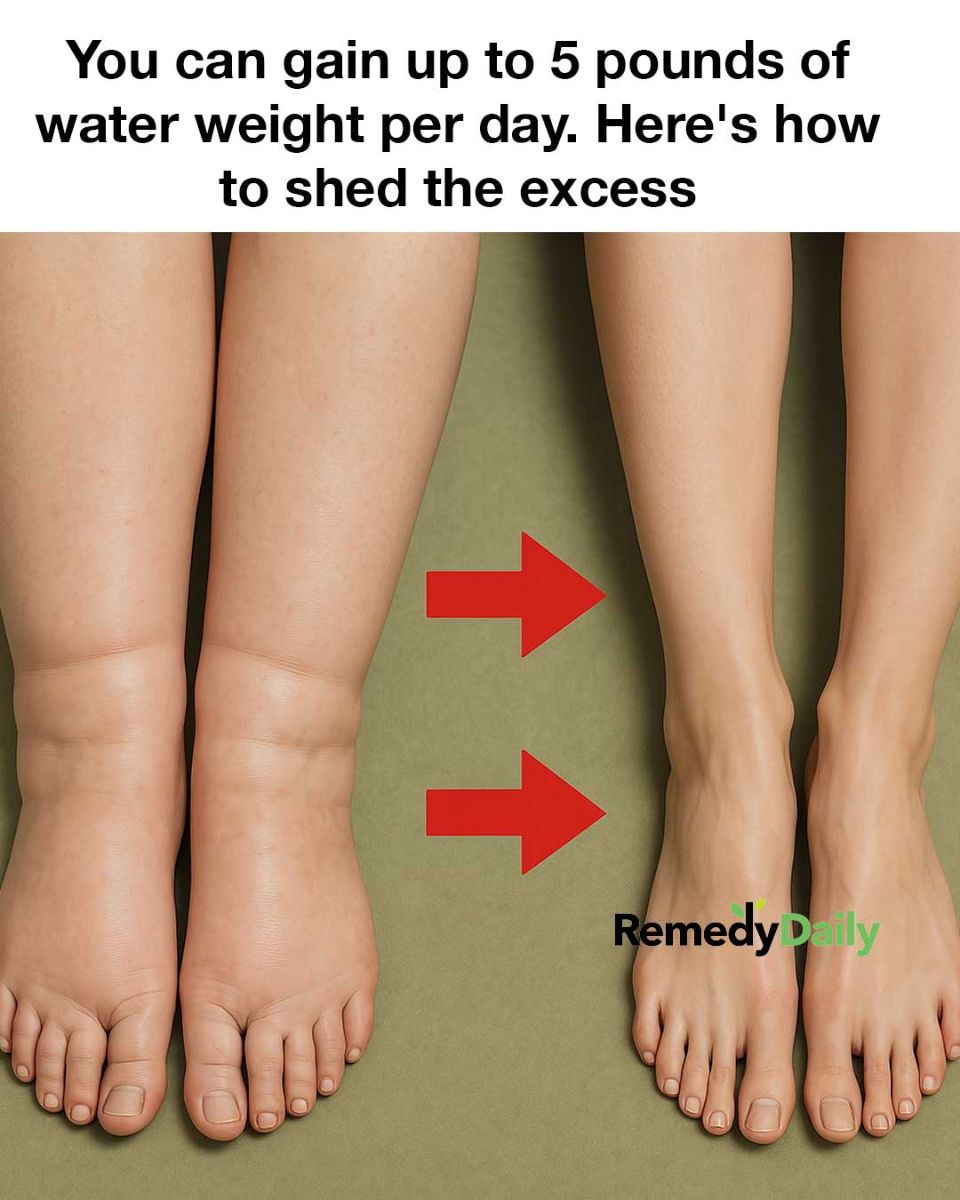ADVERTISEMENT
Sodium is a key player in water retention. Reducing your intake of high-sodium foods, such as processed snacks, canned soups, and fast food, can help decrease water weight. Opt for fresh, whole foods and use herbs and spices to flavor your meals instead.
Hack 3: Incorporate Potassium-Rich Foods
Potassium helps balance sodium levels in the body and can aid in reducing water retention. Foods rich in potassium include bananas, avocados, sweet potatoes, and spinach. Incorporating these into your diet can help promote a healthy fluid balance.
Hack 4: Engage in Regular Physical Activity
Exercise helps stimulate blood flow and lymphatic drainage, which can reduce water retention. Aim for at least 30 minutes of moderate exercise most days of the week. Activities like walking, cycling, and swimming are excellent choices.
Hack 5: Try a Low-Carbohydrate Diet
Carbohydrates are stored in the muscles and liver as glycogen, which binds to water. Reducing carbohydrate intake can lead to a decrease in glycogen stores and, consequently, water weight. However, it’s important to maintain a balanced diet and not eliminate carbohydrates entirely.
Hack 6: Use Natural Diuretics
Certain foods and beverages act as natural diuretics, helping to expel excess water from the body. These include dandelion tea, green tea, and foods like cucumbers and asparagus. Incorporating these into your diet can help reduce water retention.
Hack 7: Optimize Your Sleep Schedule
Adequate sleep is crucial for maintaining hormonal balance, which can affect water retention. Aim for 7-9 hours of quality sleep per night to support overall health and fluid balance.
Hack 8: Manage Stress Levels Effectively
Chronic stress can lead to elevated levels of cortisol, a hormone that can increase water retention. Practicing stress-reducing techniques such as yoga, meditation, and deep breathing can help manage stress levels and reduce water weight.
Hack 9: Monitor Your Hormonal Balance
Hormonal imbalances, particularly related to estrogen and progesterone, can lead to water retention. If you suspect hormonal issues, consult with a healthcare provider to explore potential treatments or lifestyle changes that can help.
Hack 10: Consider Professional Guidance
If water retention persists despite lifestyle changes, it may be beneficial to seek professional guidance. A healthcare provider can help identify underlying health issues and recommend appropriate treatments or interventions.
Conclusion: Maintaining a Healthy Balance
Managing water weight involves a combination of dietary and lifestyle changes that promote a healthy balance of fluids in the body. By understanding the causes and implementing these strategies, you can reduce water retention and improve your overall well-being. Remember, if you have concerns about persistent water weight, it’s important to consult with a healthcare professional to rule out any underlying health issues.
